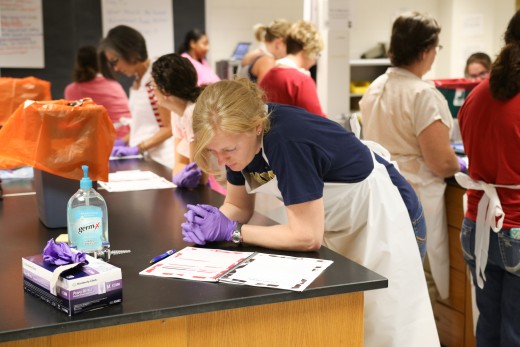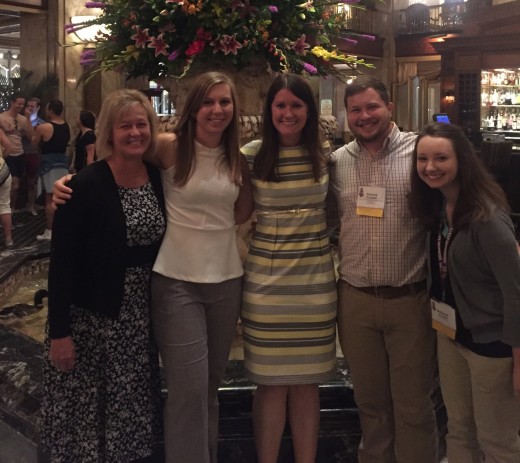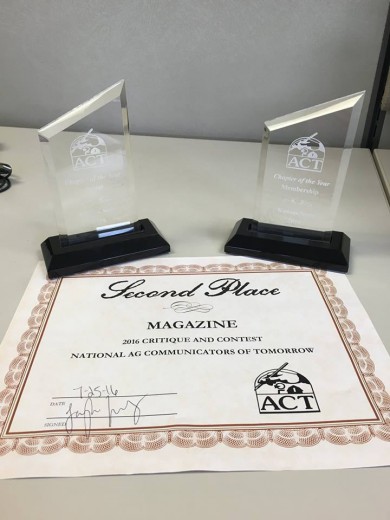Dr. Jonathan Ulmer
Dr. Jonathan Ulmer joined the faculty of Agricultural Education with twenty years of experience in Ag Ed. After graduating from the University of Nebraska-Lincoln with his teaching certificate in Ag Ed had taught secondary Ag at Medicine Valley High School in Curtis, NE for four years. Moving on to Oklahoma State University to complete his Master’s in Ag Ed where he also met his wife, Ann.
The next stop in life was the University of Missouri-Columbia to complete his Ph.D. in Ag Ed. After completing his degree he stayed in Missouri to work as the Professional Development Specialist for the Ag teachers of Missouri. This position allowed Dr. Ulmer to travel around the state and meet the needs of teachers through workshops, institutes, and the state mentor/induction program.
In 2008, Ann and Jon moved to Lubbock, TX where he worked as a faculty member in the Department of Agricultural Education and Communications. Dr. Ulmer’s primary focus was on teacher preparation, teaching classes from Intro to Student Teaching. Their eight years in Lubbock also allowed Jon and Ann to adopt their two children, Nevaeh and Zaden, who are currently five and three. While Dr. Ulmer will be teaching slightly different classes at K-State, the goal is still the same, work with a great team of faculty to develop the best agriculture teachers possible. Ann has a background in Agricultural business and economics and is a Grant Specialist in the College of Engineering. The Ulmer family is looking forward to spending time in the state parks and lakes around the area and preparing their children to start school and become Wildcats!
Dr. Gaea (Wimmer) Hock
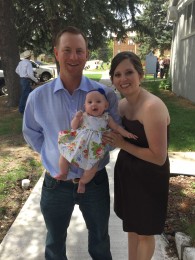 Gaea (Wimmer) Hock was born and raised in Bourbon County, Kansas. She attended Jayhawk-Linn High School and found her passion for agriculture as a member of the FFA chapter. She graduated Kansas State University with a Bachelor’s Degree in Agricultural Education in 2003. She taught high school agriculture at Centre High School for 6 years. While teaching, she completed a master’s degree in Curriculum and Instruction from KSU in 2006. In 2009, the opportunity arose to serve as an instructor in agricultural leadership at Texas Tech University and complete a Ph.D. in Agricultural Communications and Education. As an instructor and graduate student at TTU, she enhanced her teaching and leadership skills. After graduation, she moved to Starkville, MS and served as an Assistant Professor in Agricultural Education at Mississippi State University for four years. It was always her dream to return to Kansas State University as an Agricultural Education professor and was thrilled to be given that opportunity.
Gaea (Wimmer) Hock was born and raised in Bourbon County, Kansas. She attended Jayhawk-Linn High School and found her passion for agriculture as a member of the FFA chapter. She graduated Kansas State University with a Bachelor’s Degree in Agricultural Education in 2003. She taught high school agriculture at Centre High School for 6 years. While teaching, she completed a master’s degree in Curriculum and Instruction from KSU in 2006. In 2009, the opportunity arose to serve as an instructor in agricultural leadership at Texas Tech University and complete a Ph.D. in Agricultural Communications and Education. As an instructor and graduate student at TTU, she enhanced her teaching and leadership skills. After graduation, she moved to Starkville, MS and served as an Assistant Professor in Agricultural Education at Mississippi State University for four years. It was always her dream to return to Kansas State University as an Agricultural Education professor and was thrilled to be given that opportunity.
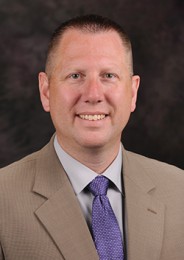
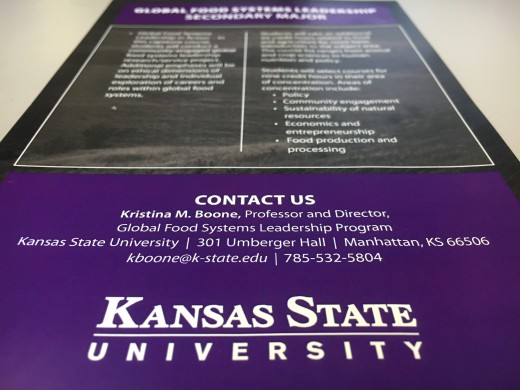
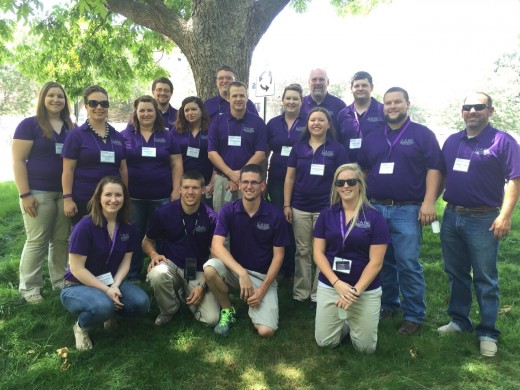 Kansas State University Department of Communications and Agricultural Education faculty and staff hosted a Curriculum for Agricultural Science Education (CASE) Conference this past summer where 16 teachers and a K-State instructor became certified in Agriculture Food and Natural Resources curriculum.
Kansas State University Department of Communications and Agricultural Education faculty and staff hosted a Curriculum for Agricultural Science Education (CASE) Conference this past summer where 16 teachers and a K-State instructor became certified in Agriculture Food and Natural Resources curriculum.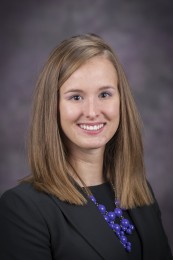 Katie Rohling, Agriculture Education and Communications alumni, is currently a 4-H Youth Development Agents for the Wildcat Extension District in Southeast Kansas. Rohling is a Southeast Kansas native who attended Coffeyville Community College before transferring to Kansas State University. At K-State she received her bachelor’s degree in Agricultural Communication and Natural Resources and Environmental Sciences in 2014. She then went on to complete her Master’s degree in Agricultural Education and Communications in 2016. After graduation she moved to Girard, Kansas to pursue her dream of working with children and teaching the general public about agriculture as a 4-H Youth Development Agent for the Wildcat Extension District, K-State Research and Extension.
Katie Rohling, Agriculture Education and Communications alumni, is currently a 4-H Youth Development Agents for the Wildcat Extension District in Southeast Kansas. Rohling is a Southeast Kansas native who attended Coffeyville Community College before transferring to Kansas State University. At K-State she received her bachelor’s degree in Agricultural Communication and Natural Resources and Environmental Sciences in 2014. She then went on to complete her Master’s degree in Agricultural Education and Communications in 2016. After graduation she moved to Girard, Kansas to pursue her dream of working with children and teaching the general public about agriculture as a 4-H Youth Development Agent for the Wildcat Extension District, K-State Research and Extension.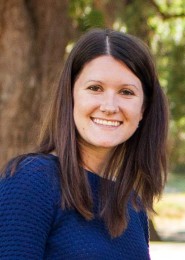
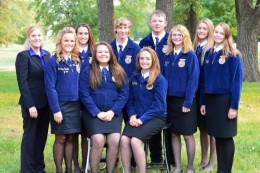
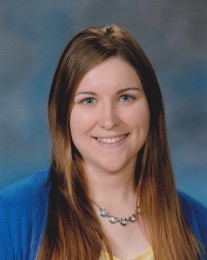 My name is Katelyn Meiwes, and I am from Moran, Kansas. I graduated from K-State in Spring 2015. Currently, I am the agricultural education teacher and FFA advisor at Altoona-Midway Middle/High School.
My name is Katelyn Meiwes, and I am from Moran, Kansas. I graduated from K-State in Spring 2015. Currently, I am the agricultural education teacher and FFA advisor at Altoona-Midway Middle/High School.